CONTENTS
Can You Bring Portable Chargers On A Plane: Cleared for Takeoff?
With the development of technology, mobile devices are parts of our lives, whether we are on a plane or not. Especially with the integration of inflight Wifi in almost every airline, bring mobile devices on planes is just as good as in your home, either for watching movies, playing games, connecting with friends, etc... Mobile devices are definitely must-have in every travellers' bag.
Yet, all will disappear after a few hours, or even less, if you forget to charge your phone. You all know what might be the solution. What is ambiguous is whether can you bring portable charges on a plane or not. It won't be so for long!
Can You Bring Portable Chargers On A Plane?
The simple answer is yes. Both TSA (Transportation Security Administration) and the FAA (Federal Aviation Administration) share the same view: power banks, which fall under the category of spare lithium ion and lithium metal batteries, must be put in a carry-on or on your body only. You can’t pack them in checked bags.
Since most portable chargers contain lithium-ion batteries, they can be put in your carry-on just like the way you pack batteries. However, if you are not sure what battery your product uses, be sure to check it.
Never put any devices with lithium batteries in your checked baggage. Lithium-ion batteries have high risks of thermal runaway or fire if damaged. If such things happen in your checked luggage, it is nearly impossible to have a proper response.

Can I Use My Portable Charger During The Flight?
Yes, you can use your portable charger during the flight to charge your electronic devices. However, during takeoff, landing, taxing, and turbulence, the flight attendant will ask you to switch off electronic devices, power banks included.
Once the flight has reached cruising altitude, you can use your electronic devices and portable chargers. It would not take too long, though, just wait a bit. In case you need to use your device, just charge it before boarding to be sure.
Can You Bring Portable Chargers On International Flights?
The answer is yes. Yet, there are aspects that you need to take into consideration, such as your chosen airline, destinations, or the types of power banks that you want to carry.
To this, our recommendation for the method of consideration is just to contact the airline and ask your questions. It’s not just quicker but more accurate at the same time. Later on, if things go south, you have a credible source to refer to.
For additional and updated information on portable chargers and lithium-ion batteries when traveling by air, you can also consult the TSA and FAA websites. Staying informed about these regulations will help ensure a smooth and hassle-free travel experience with your power bank.
Further Regulation Regarding Power Banks On Flights

But it goes further than that. Let us explain! Even though you are allowed to carry a portable charger with you, there are regulations you need to follow.
Size limits
The typical capacity allowed is less than 100 watt hours (Wh). If you can have approval from the airline, the capacity can be increased up to 160 watt-hours (Wh). This large capacity is usually found in laptops that focus on extending battery life or professional visual/audio equipment.
Since most products are marketed using their milliamp hours (maH), the above information, while provided by TSA, may not be of much help to those uninformed.
To calculate the watt-hour (Wh) of portable chargers, there are two additional values you need to know: the nominal voltage and the capacity. You can find this information on the power bank’s label, packaging, or product websites. Then, the formula is:
Where:
For instance, if you have a 10.000 mAh battery, to find its watt-hour (Wh) rating, you would perform the following calculation:
- Wh=(10000 mAh×3.7 V)÷1000=37 Wh
Since this power bank has a capacity of 37 Wh, well below the 100 Wh limit, you should be able to bring it on a plane without any issues. That said, you should always check the specific airline's policy to ensure compliance with their rules.
Quantity limits

To prevent smuggling, there are limitations to the number of portable chargers or any other product you can carry with you on a plane.
Each passenger is allowed to have a maximum of 2 portable chargers, either the less-than-100-Wh type or the 100-160-Wh type.
However, there might be some exceptions. For example, British Airways allows up to 4 portable chargers per person —a pretty good choice if you somehow need that much.
The easiest way is just to check with the airline you are going to fly, especially when the regulations and policies are constantly updated. There are some scenarios as the following:
- You can carry two max. If either one is over 100Wh, you have to get approval from the airlines. If either one is over 160Wh, they won’t give you an approval:
- Same regulations for the capacity, but you can carry up to 20 power banks:
Important: When carrying these types of products on a plane, make sure you store them carefully.
- If you have the original packaging, putting it in there would be everything you need to do. We all know that this is not always the case. So you can try the below methods.
- Place the portable charger in a sturdy plastic bag to isolate it from other items and minimise the risk of short-circuiting.
- Use tape, preferably electrical tape, to cover the battery terminals.
How To Find Your Charger Pack’s Specifications
The easiest way to check this is via product description. If it's a product you bought a long time ago and do not remember where you got it, there is a way around it. Check your product and find its specific model number. That, in combination with the brand name, will help you to find the product on the internet.
In cases where nobody sells it anymore, look for reviews and discussions about the product. If you are lucky enough, there might be somebody talking about the battery type. Or you can just ask people yourself.
Nonetheless, you may be required to take out your portable charger(s) and be checked by the security personnel or X-ray screening. For this reason, we recommend you use a cable organiser or a small bag to keep your chargers separately. Many times have we struggled during this step.
How To Charge Your Phones At The Airport Without Power Banks

Outlets are everywhere if you know where to look. Photo by arsenypopel - stock.adobe.com
Forgetting your power banks at home is something we all do at times (and that’s why you need a travel checklist). However, it doesn’t mean that we are out of options. Just remember to set your phone to power-saving mode (to save a little bit of juice left) while getting to one of these alternatives:
- Charging Stations: These are easy to find. However, there are privacy concerns. So, you should use a USB data blocker or a power-only USB cable to be safe.
- Bring Along A Power Adapter: Although not as portable, you must find an outlet. Plus, it’s safer to use a power adapter rather than directly connecting a USB cable to a port.
- Airport Shops: Many airports have shops where you can buy or sometimes rent chargers and power banks. You can also buy coffee and plug your power adapter into their outlets.
- Borrow A Charger: If you're travelling with friends or family, see if you can borrow their charger or power bank. Kind fellow travellers might also be willing to lend you a charger for a while.
- Ask Airport Staff: In some cases, airport staff or airline lounges might assist you in charging your device. It doesn't hurt to ask.
- In-Flight Charging: If your flight is soon and your airline offers in-seat USB ports or power outlets, you can charge your device once on board.
Did you know about the 999 phone charging myth? A rumour was circulating in the UK that calling the 999 emergency phone number could recharge your battery. However, the police have debunked this as false.
Popular And Approved Portable Chargers

Choosing the best portable chargers for planes is easy if you know how. Photo by vadishvadish - stock.adobe.com
We know that it is difficult to select and calculate the watt-hour yourself. So, in our experience, these are some good options for you.
- Anker 533 Power Bank (PowerCore 10K): The sleek and durable design ensures it can withstand daily use and occasional bumps during travel. The inclusion of a USB-A port allows you to charge multiple devices simultaneously. Additionally, its compact size and lightweight design make it easy to carry in a pocket or bag.
- Anker 733 Power Bank (GaNPrime PowerCore 65W): With its substantial 20,000mAh capacity, this power bank offers multiple charges for smartphones, tablets, and even some laptops. Additionally, it features Anker's PowerIQ and VoltageBoost technologies for optimal charging speed and compatibility with a wide range of devices.
- Belkin Pocket Power 10K Power Bank: 10,000mAh capacity. The Pocket Power 10K features two USB-A ports. It supports smart charging technology, automatically adjusting the power output to provide the optimal charging speed for each connected device. On the side, 4 small LED lights display the remaining battery level, 25% each.
- Aukey 1,0000mAh USB-C Power Bank: With its high capacity and USB-C Power Delivery (PD) technology, it delivers fast charging to compatible devices. Similar to the Anker 733 Power Bank, it is equipped with an LED indicator that displays the remaining battery level.
FAQs
1. Do I Need To Declare My Portable Charger At Security Checkpoints?
In most cases, you do not need to declare your portable charger separately at security checkpoints. On the other hand, if your portable charger has a very high capacity (generally above 100Wh), you might need to declare it, and special rules might apply. Generally, you have to remove laptops and power banks from your carry on when going through security.

You may need to take the power banks out of your carry-on. Photo by Mihail - stock.adobe.com
2. Can I Bring My Power Bank On A Connecting Flight?
Yes, you can generally bring your power bank on a connecting flight. However, the power bank must be packed in your carry-on luggage, as they are not allowed in checked luggage due to safety concerns.
Moreover, the power bank's capacity should not exceed 100Wh (Watt-hours). If it does exceed this limit, you may need to get airline approval to bring it on board. It is unlikely that you will have any problem, so don’t be stressed too much about this.
3. Are There Outlets On Planes?
Typically, yes. However, only 16% of international flights have power outlets in economy class, according to Clever Journey.
Moreover, not all power outlets were created equal. Some are full-size AC that can power your laptop while others are USB outlets that can only charge your smartphones.
To find out if your seats has outlets available, simply go to SeatGuru and find the anemites information on your seats.
4. Can You Charge Power Bank On a Plane?
Yes, you can, but the real question is: should you? Charging a power bank takes much longer than charging your smartphone because it holds a much larger capacity. Moreover, the charging speed might not be as fast as at home due to a lack of fast charging technology support. Our advice is to always fully charge both your devices and the battery pack before leaving home.

Most planes offer only 75 watts of power for each seat. Photo by astrosystem - stock.adobe.com
5. Can I Bring a 20.000mAh Power Bank On A Plane?
Whether you can bring a 20.000mAh power bank on a plane depends on its watt-hour (Wh) rating rather than its mAh capacity.
To find out the Wh of your power bank, you can use the following formula: Wh=(mAh×V)÷1000
So, for a 20000mAh power bank, the Wh would be calculated as: Wh=(20.000×3.7)÷1000=74 Wh
A 74Wh power bank is below the 100Wh limit set by many airlines. Thus, you should be able to bring it on a plane without special permission (in carry-on only, though).
Keeping Your Devices Juiced Up in the Air
Now you know the answer to can you bring portable chargers on a plane, but be mindful of the regulations. While having a portable charger is convenient, there are some risks involved that might make the trip frustrating.
Bui Hoang Hai

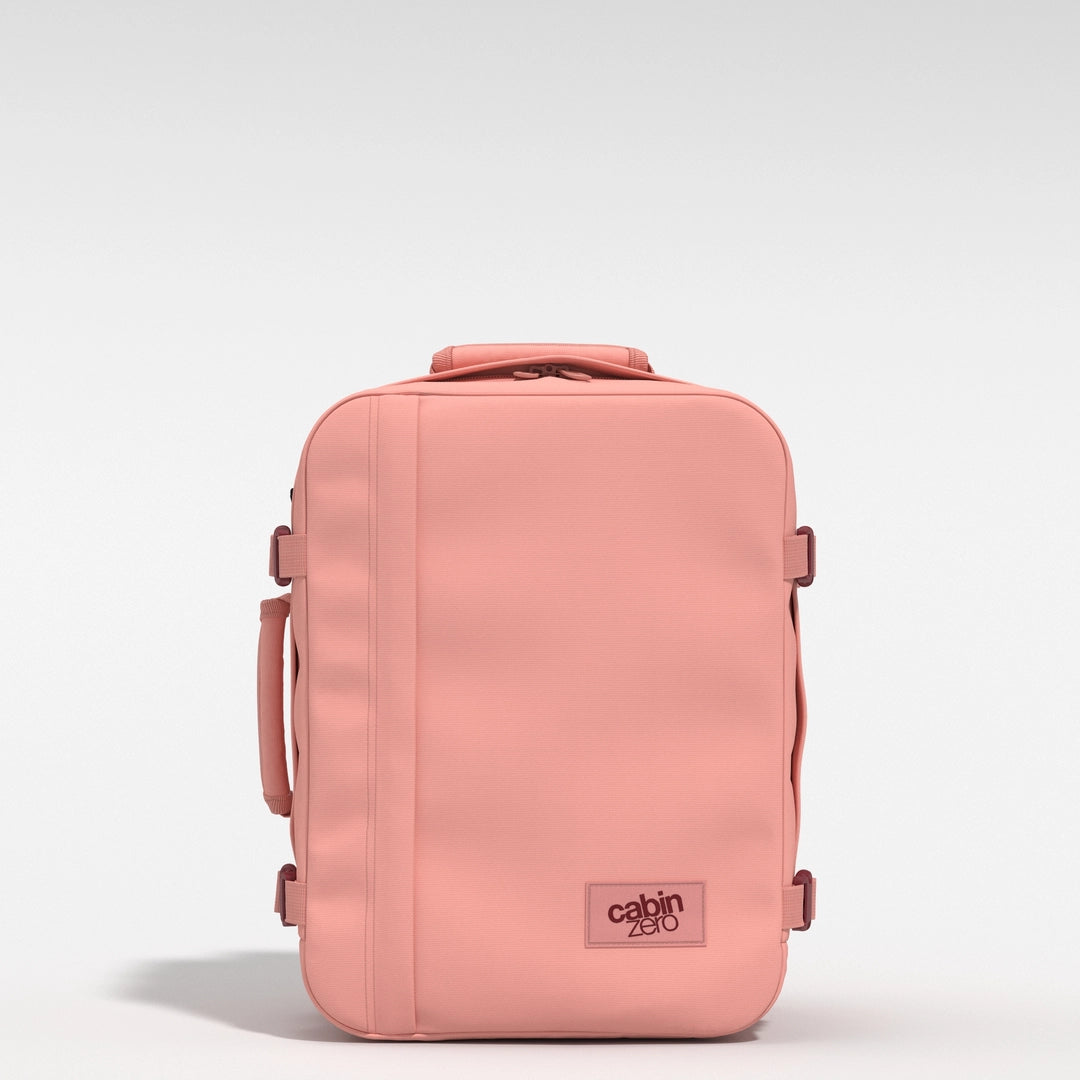

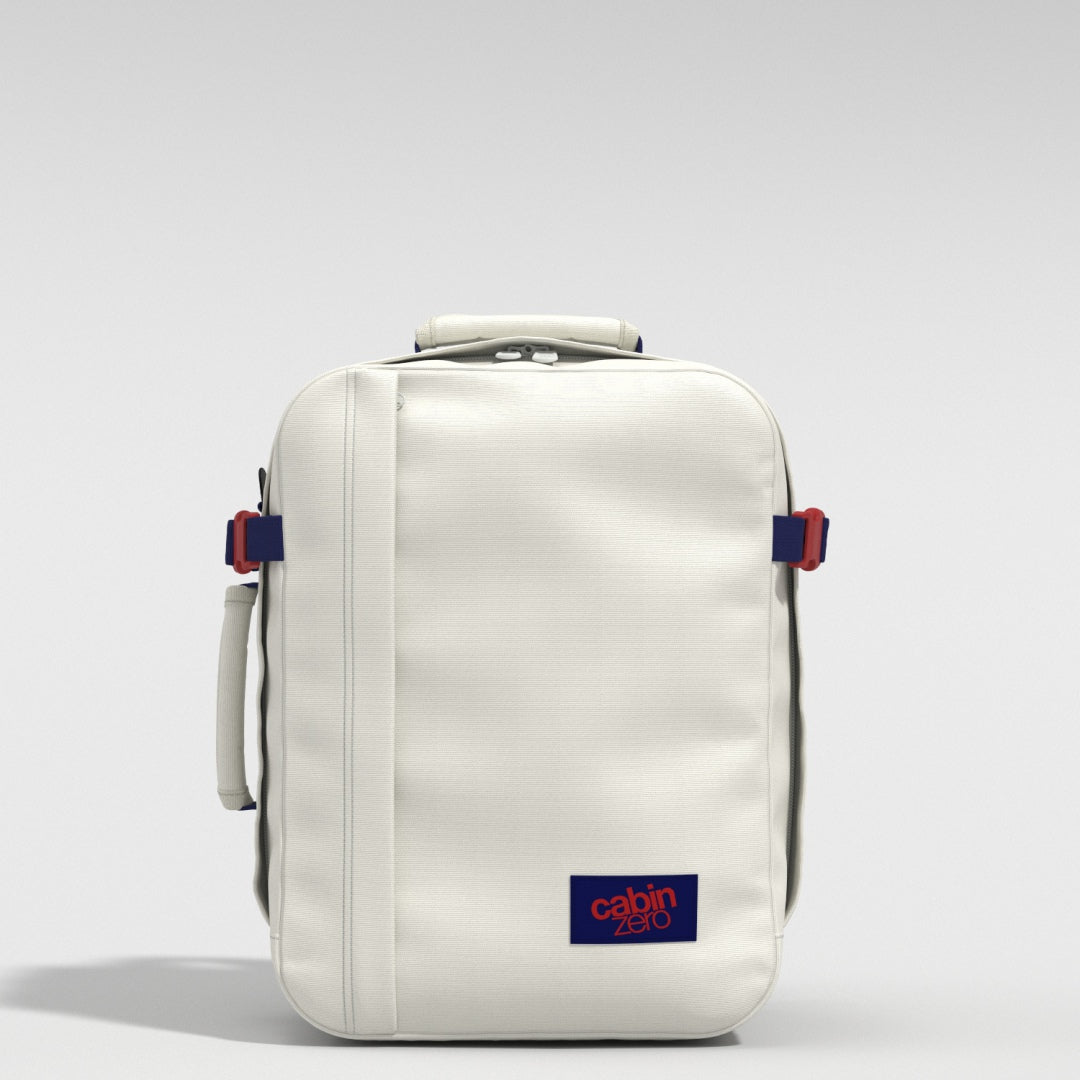

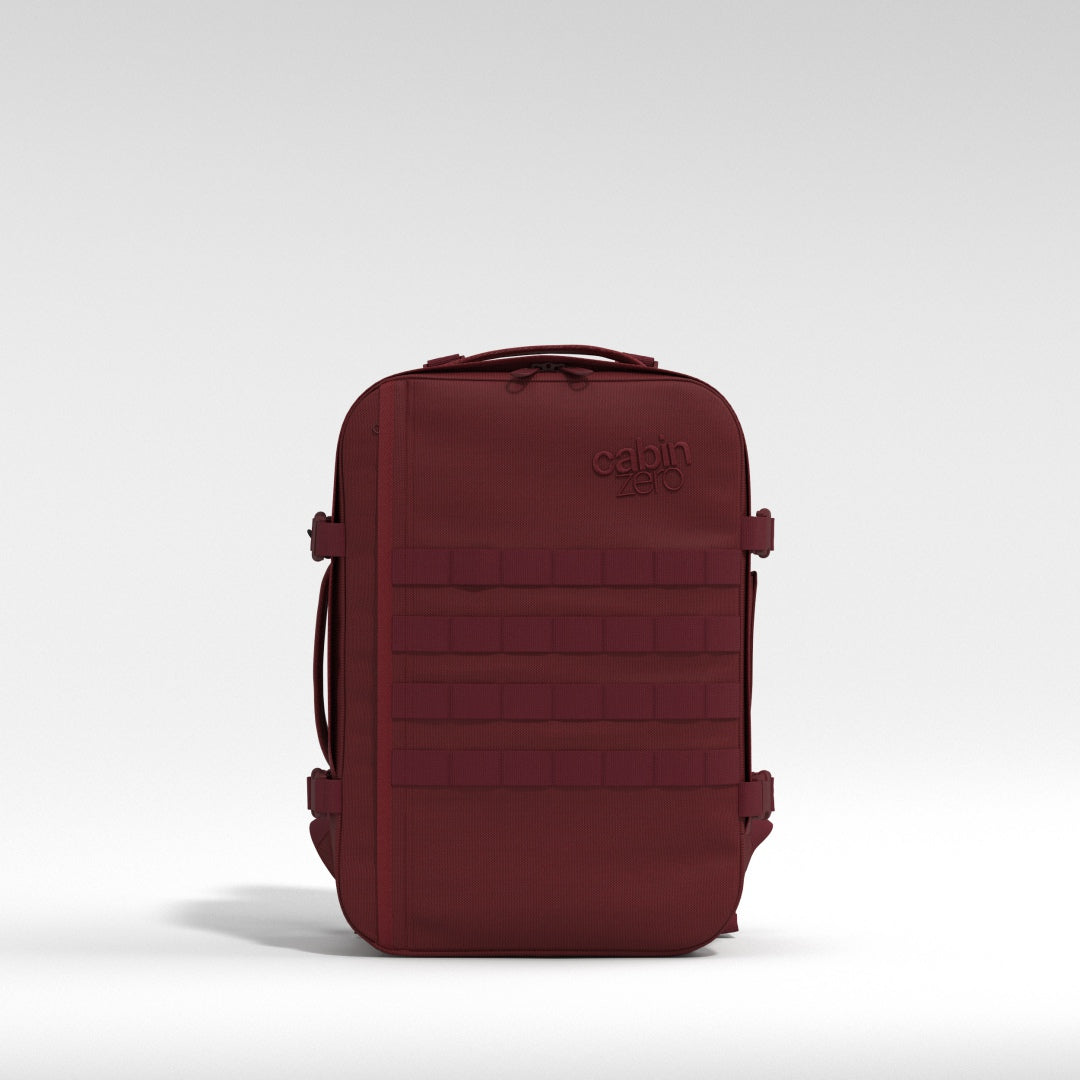

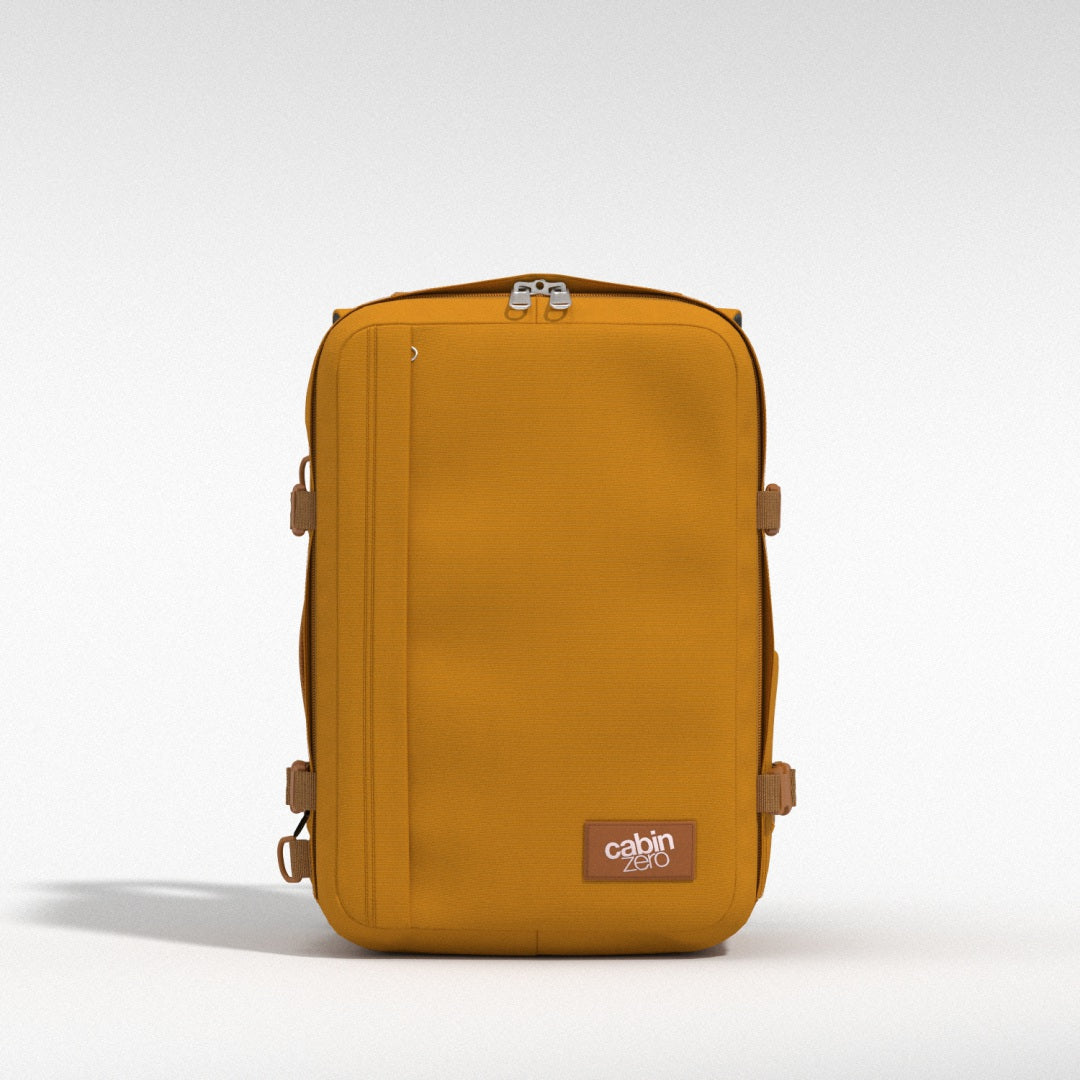

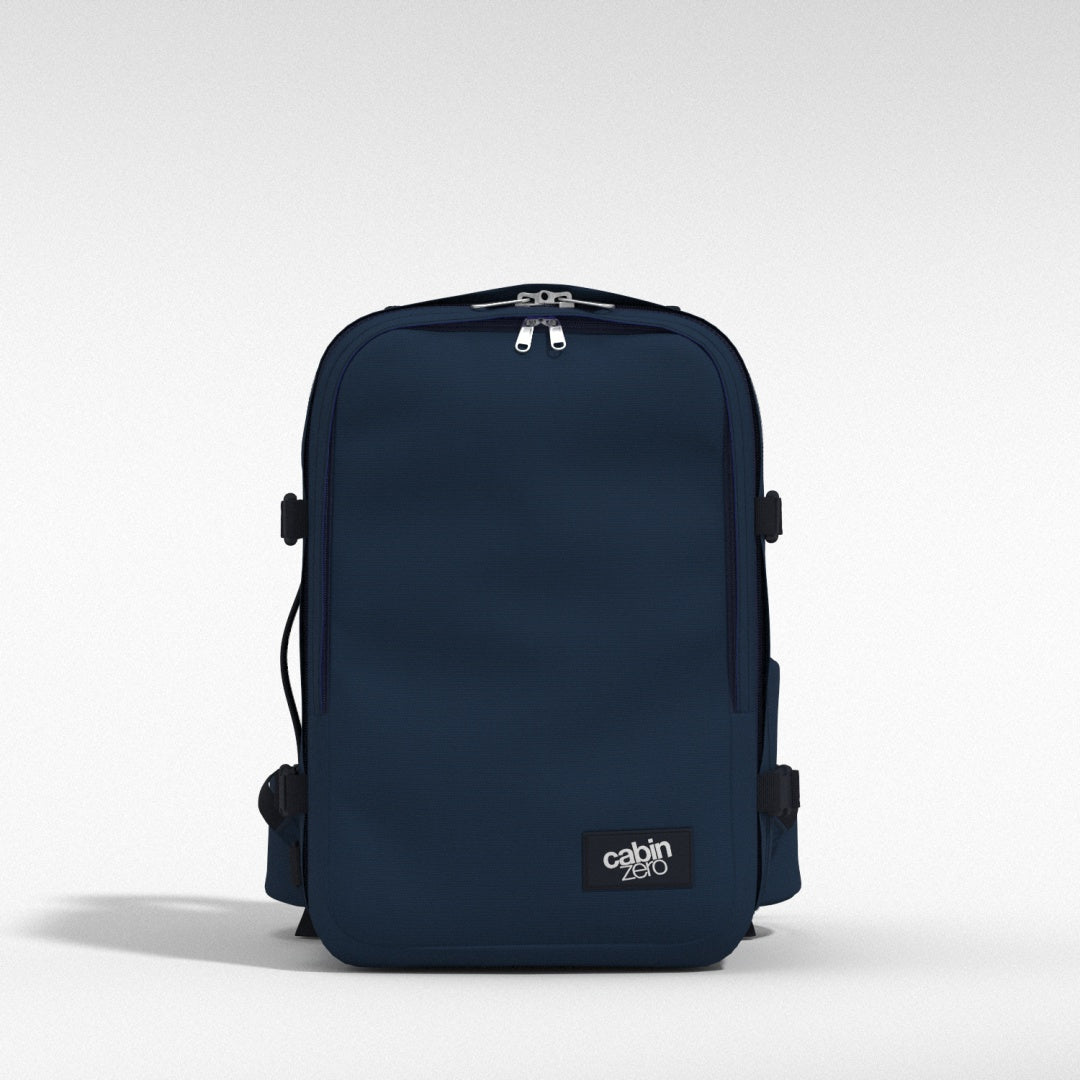





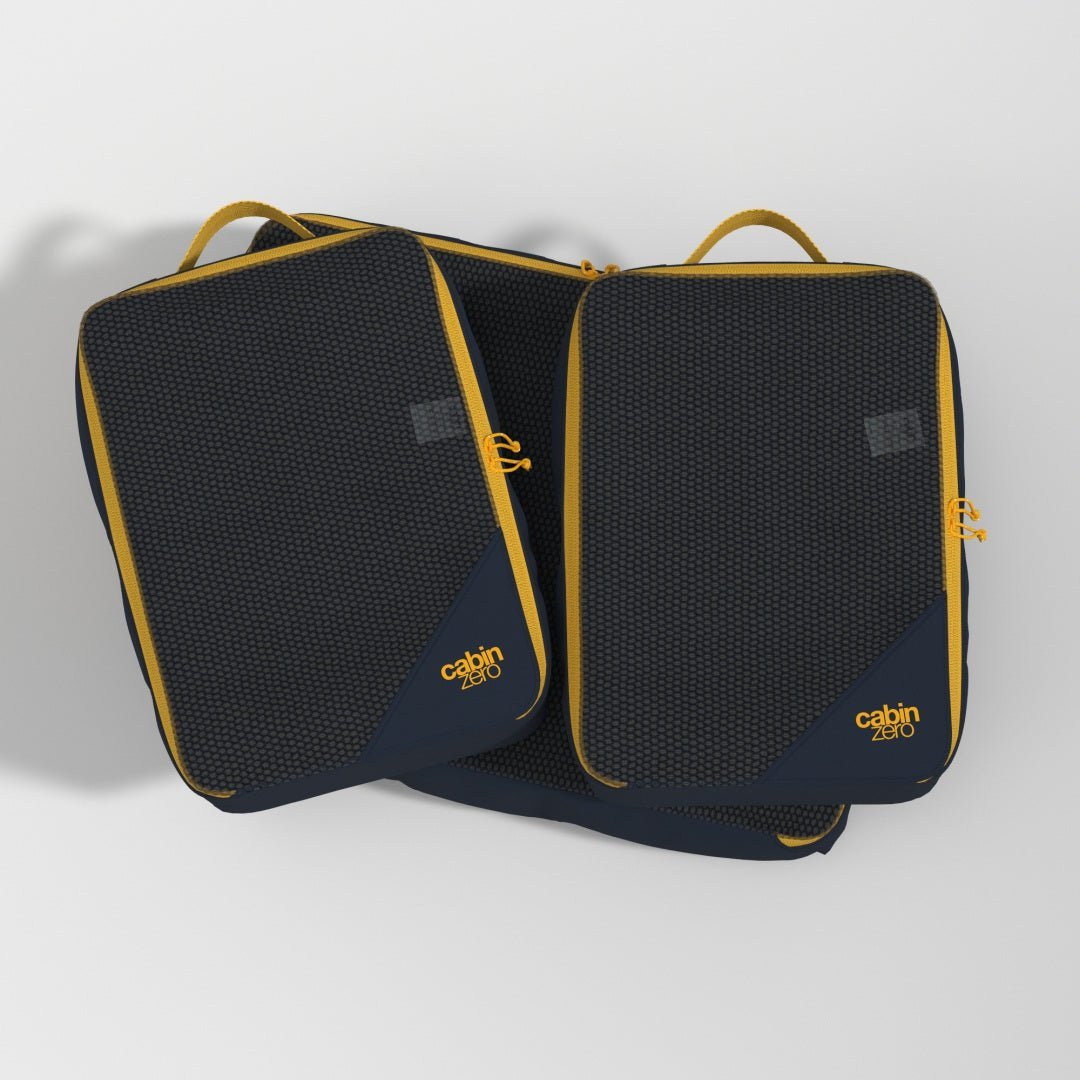





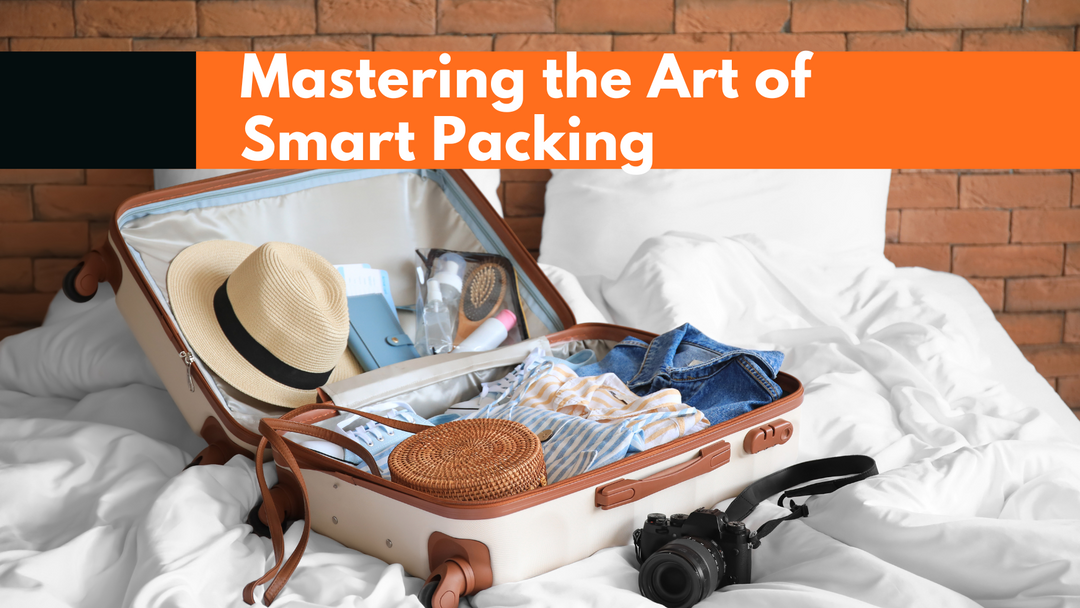
Leave a comment